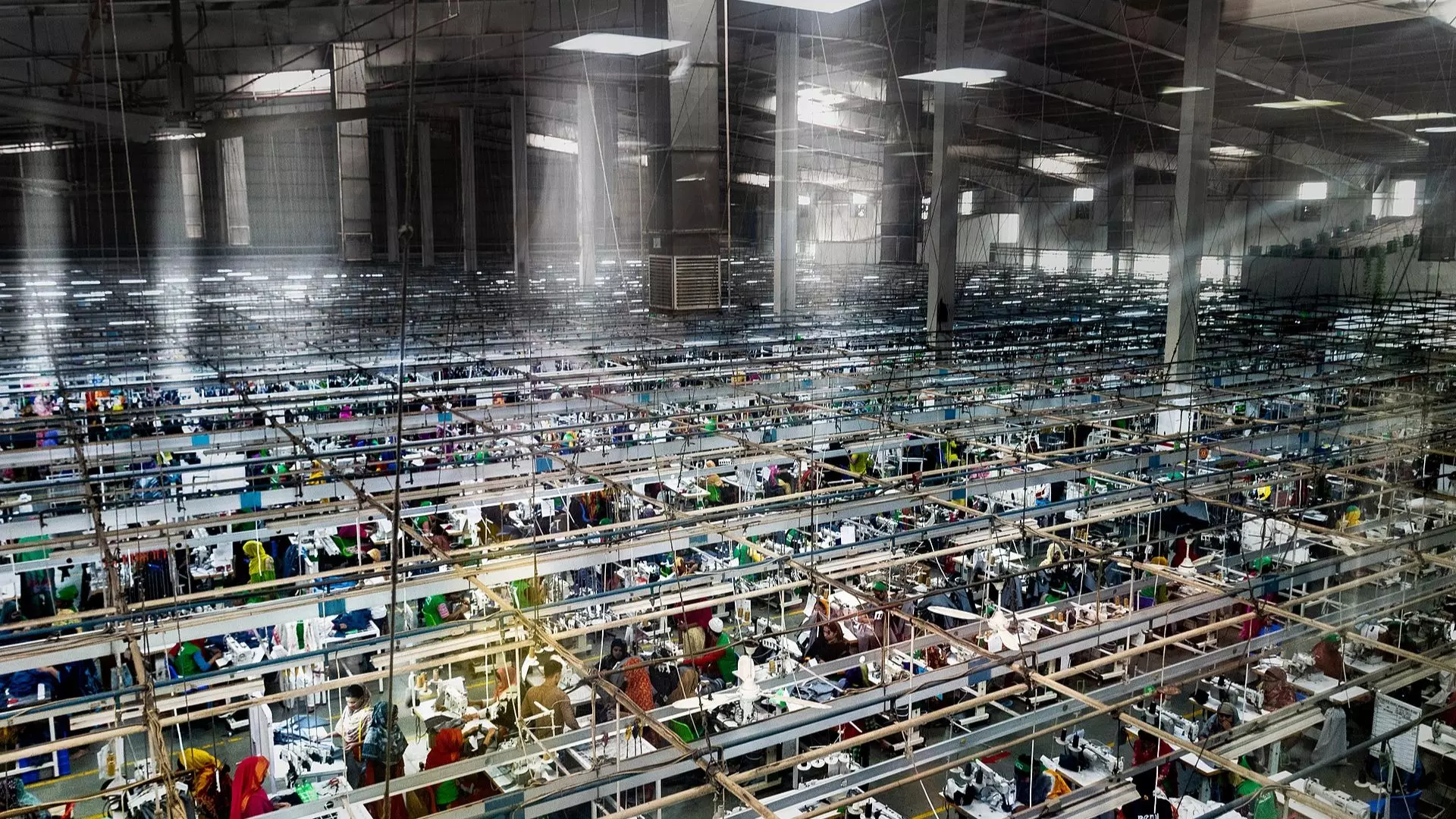Bangladesh Crisis Threatens India's Textile Sector Stability
Brands with significant portions of their supply chain rooted in Bangladesh may experience delays and a decrease in the availability of their products. This, in turn, could lead to a ripple effect across the global retail market, affecting inventory levels and sales

Chennai: Crisis-hit Bangladesh poses "significant concerns" for India's textile and apparel sector, particularly for companies operating factories in the neighbouring country, finds an industry body. However, global brands may also look for alternative manufacturing hubs like Tirupur.
“The ongoing scenario in Bangladesh poses significant concerns for the Indian textile and apparel sector, particularly for companies operating factories in Bangladesh and exporting products from those units,” the Confederation of Indian Textile Industry said. “The situation in Bangladesh is indeed concerning, and we are closely monitoring the developments. Bangladesh’s growth in the textile sector has been inspiring and has lent strength to the trade flows in the entire subcontinent,” said Chandrima Chatterjee, secretary general of CITI.
Any supply disruption in Bangladesh will have immediate impacts on the supply chain, potentially affecting production schedules and delivery timelines. In the short term, supply disruptions are expected due to the prevailing situation in Bangladesh. Indian companies with manufacturing operations in the country are likely to face challenges in maintaining their production flow, leading to delays and potential shortages in the market.
Bangladesh serves as both a manufacturing hub and a significant export destination. Stability in Bangladesh is vital for maintaining the smooth operation of cross-border trade and production.
Several major global brands that rely on Bangladesh for their sourcing needs will also be affected by these disruptions. Brands with significant portions of their supply chain rooted in Bangladesh may experience delays and a decrease in the availability of their products. This, in turn, could lead to a ripple effect across the global retail market, affecting inventory levels and sales.
Amid the uncertainties in Bangladesh, there is already a noticeable shift towards alternative manufacturing hubs such as a strategic move by companies to diversify their production bases and reduce dependency on a single market. Tirupur, known for its robust textile and apparel manufacturing capabilities, may emerge as a key beneficiary of this shift, said CITI.
As global garment brands face disruptions in Bangladesh, there is an expected increase in sourcing from India. Indian manufacturers are expected to see a rise in orders as brands seek to mitigate risks and ensure continuity in their supply chains.

